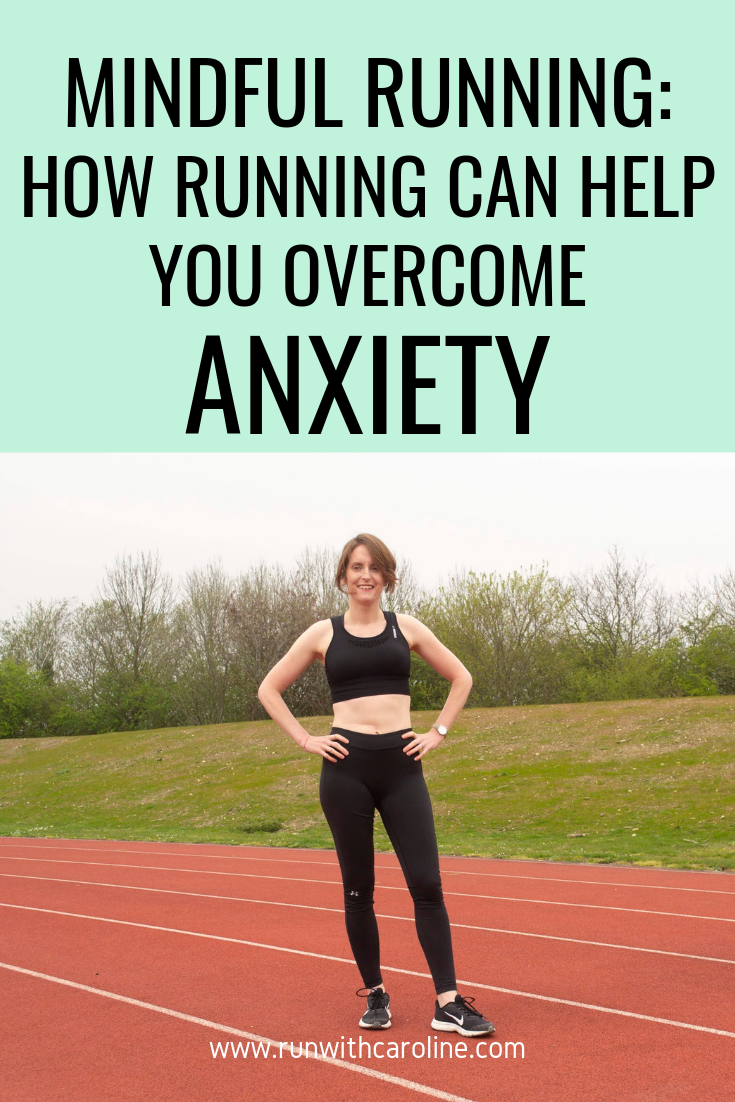There’s no doubt – running makes you feel great. Running for mental health is one of the most common reasons why people are taking up the sport in droves.
I’ve written about the post-run rush on my blog many times and it’s one of the reasons I love running to this day and continue to run a few times a week.
I still remember the moment I crossed the finish line of my first half marathon so clearly and how amazing it made me feel (despite the sore legs and blisters on my feet).
The endorphins running through my body felt electric and in that moment I forgot about all my day to day worries.
A lot of runners joke about how running literally helps them run away from their problems.
I suppose this is how my love affair with running started all those years ago.
Where it all began…
I had just gradated from university and I moved back home with my parents.
I was suddenly back living in a tiny village in the middle of nowhere when I had spent the previous three years living in a huge exciting city.
My life had changed in so many ways in a space of a few months and I didn’t have a plan in terms of where my life was going.
I had spent three months working hard to get my degree, and I didn’t have a ‘respectable’ job go into.
I felt ashamed. I felt I had failed. I felt I had lost control.
So I desperately looked for ways to gain back some control.
I knew getting a job would be a longer goal to work towards. I wanted something to preoccupy my time in between working at shifts at Starbucks and being at home with my parents.
So I turned to running…
I remember my very first run so clearly. I felt incredibly self-conscious, hot (not in a good way) and…out of breath!
But despite these feelings, I felt so relieved and empowered!
It was a literal breath of fresh air to take me away from my anxious and negative thoughts that were dragging me down each day.
By the end of the run, with the post-run endorphins rushing through my body, I felt I could take on the world.
And it seems a lot of people view running in the same way. It’s no surprise that so many of us in the UK and worldwide are taking up running each month.
In this blog post, I’d like to share some of the benefits when it comes to running and how it can help anxiety and reduce its symptoms.
Running is not a substitute for therapy, medication, or medical advice, but it can certainly function as a great way to ease symptoms of anxiety.
Running for mental health: It helps you unwind
Running provides a welcome release from the worries and distractions of daily life.
By getting outdoors in the fresh air, it takes you away from those daily pressures and allows you to clear your mind of worrying thoughts.
I find running to be a good way to clear my head and sort through some of my thoughts.
Sometimes just expending some of the nervous energy rushing through my body can make me feel more relaxed.
Running for mental health: It improves your mood
Running makes your body release ‘feel-good’ hormones like dopamine, serotonin, endorphins and norepinephrine which contribute to the amazing feel you get during and after a run.
Even walking can contribute to an improved mood.
Moving your body has positive effects on your physical and mental wellbeing.
This adds to the already significant body of research showing that running and other forms of exercise can improve mood and help fight anxiety and depression.

Running for mental health: It helps you with your breathing
Regular running has a positive effect on your breathing. It improves your aerobic fitness and your ability to take in oxygen and use it efficiently.
Meditation is usually a go-to activity in order to control your breathing and relax when anxiety is looming.
The shallow breaths that we often associate with the dreaded panic attacks are usually what makes our anxiety worse.
Running allows you to focus on your breathing and take some well-needed deep breaths.
Related: How to breathe when running
Running for mental health: It helps you get a good night’s sleep
Aerobic exercise like running helps you get a better and longer night’s sleep.
Stress and anxiety are common causes of sleep problems, including trouble falling asleep and sleeping restlessly during the night.
Running requires you to expend energy and helps you feel more tired and ready to rest at the end of the day.
Research indicates that exercise—in particular, regular exercise that’s part of a consistent routine—can help boost sleep duration, in addition to sleep quality.
Related: How to practice mindful running
Running for mental health: It helps you feel part of a community
Anxiety can sometimes make you feel alone. As a runner, though, you’re already part of a big community of like-minded people.
Making connections with other runners through running clubs and other groups allows you to build a sense of belonging and togetherness.
Not only is this great for your motivation, it also gives you a good dose of accountability when you’re feeling low and allows you to have a great support network.
- 5 things I wish I’d known before returning to running - March 3, 2024
- Running 20 minutes a day: Benefits + how to start - January 27, 2024
- How to run your first 2 hour half marathon - January 16, 2024
